Teknaf, Oct 31 (V7N)- The Rohingya people, a Muslim ethnic group, have a long and troubled history in Myanmar (formerly Burma). For centuries, they thrived in the Arakan state, bordering Bangladesh, contributing to the region's prosperity. However, their peaceful existence has been shattered by decades of discrimination and violence.
Historical records show the Rohingya presence in Arakan for over 350 years. They even played a role in the governance system during the Arakan rule. This peaceful coexistence came to an end after Myanmar's independence in 1948. The newly formed, predominantly Buddhist government denied the Rohingya citizenship, marginalizing them and reducing them to a vulnerable minority.
The following decades witnessed systematic oppression of the Rohingya. Government forces and vigilante groups conducted numerous operations, displacing and killing countless Rohingya men, women, and children. Their land, homes, and businesses were confiscated, often resettled with the Mog (Burmese) Buddhist population.
In 1978, the Burmese junta enacted the notorious "1982 Citizenship Law," effectively rendering the Rohingya stateless. They were denied basic civil rights and even the right to call Arakan their homeland. The name of the state itself was changed to Rakhine, further erasing the Rohingya's historical identity.
The year 2017 marked a horrific turning point. The Myanmar military, along with Buddhist nationalists, launched a brutal campaign against the Rohingya. Villages were systematically burned down, and the Rohingya were forced to flee under a barrage of violence, including murder, rape, and torture.
Seeking Refuge in Bangladesh:
Over 1.2 million Rohingya, desperate to escape the atrocities, crossed the Naf River into Bangladesh. The Bangladeshi government, despite its own limitations, provided them with refuge in camps located in the Ukhiya and Teknaf regions. This act of humanitarianism has been lauded by the international community.
More than 20 Thousand Rohingyas have crossed into Bangladesh to save their lives during the Arakan Army's war with the Myanmar junta Forces this year.
Life in the Camps:
However, the Rohingya refugees face a precarious situation in Bangladesh. Crammed into densely populated camps, they lack basic necessities and opportunities. deprived of higher education, deprived higher technology, lack of proper treatment, While the vast majority are peaceful people, a small number, disaffected by years of persecution and lacking education, have engaged in criminal activities. These acts, however, do not represent the entire Rohingya community.
A Call for Justice:
The Rohingya crisis remains a complex humanitarian issue. They yearn to return to their homeland, but only if guaranteed safety and citizenship rights. The international community must pressure Myanmar to address the root causes of this crisis and ensure the Rohingya's right to return and live with dignity.
This revised text provides a more objective and historically accurate account of the Rohingya refugee crisis. It avoids inflammatory language and emphasizes the ongoing plight of this displaced population.
END/FA/AJ



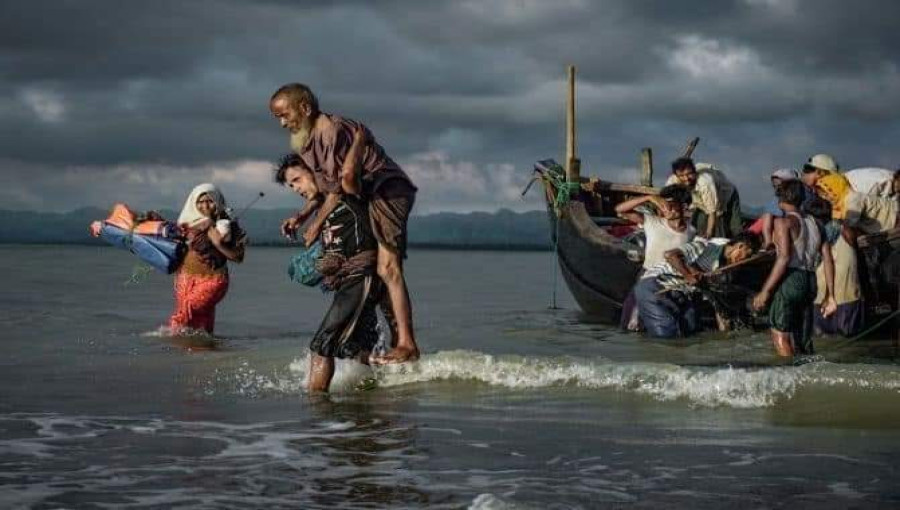






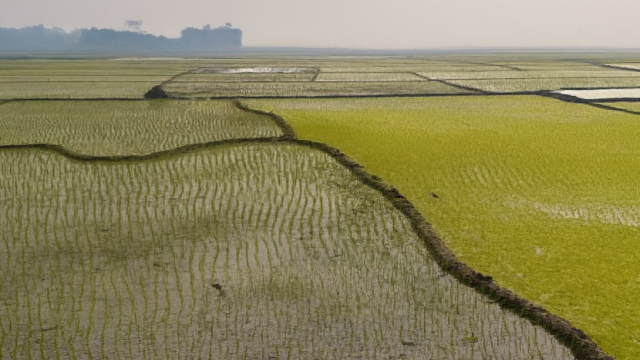


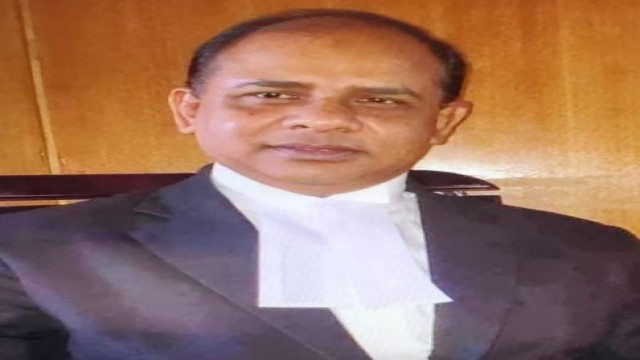
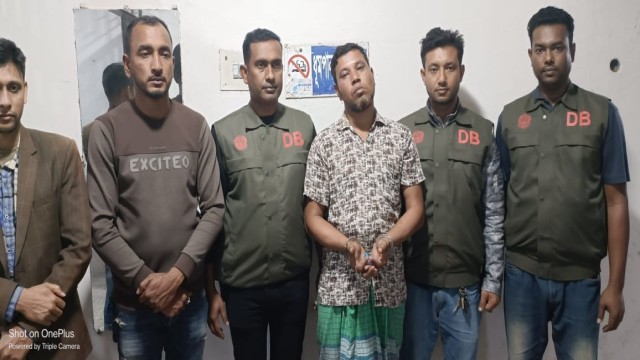


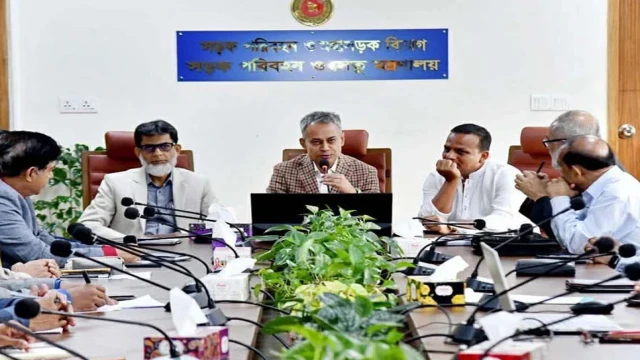












Comment: